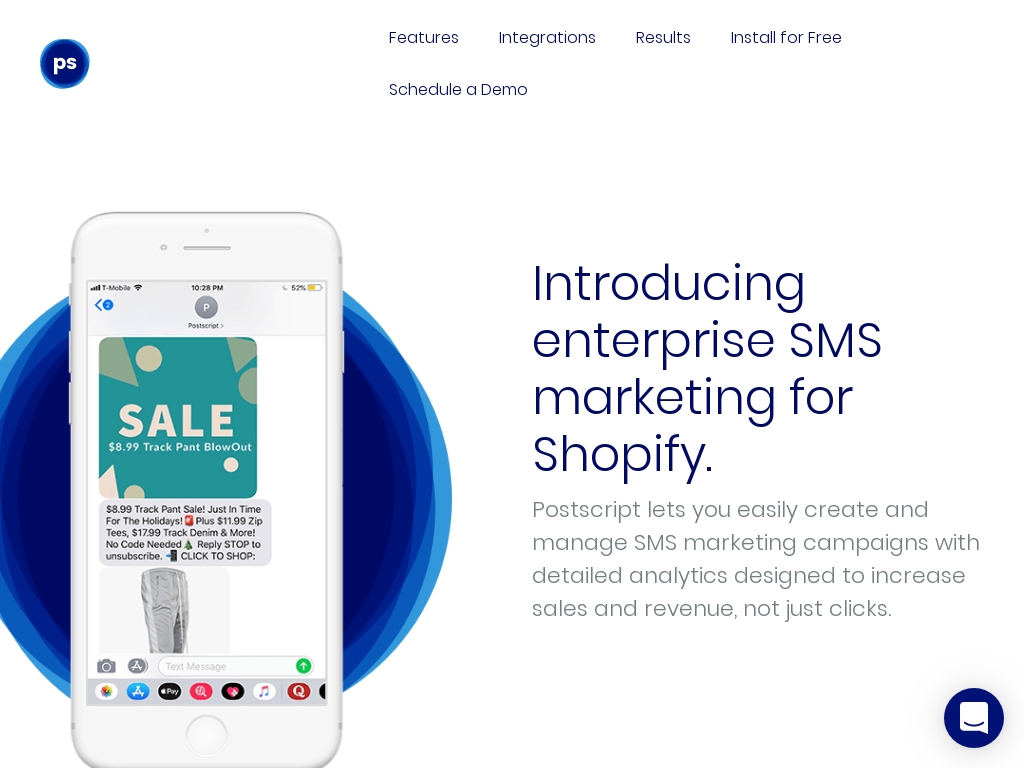How Three Founders Scaled Postscript to a $656M SMS Empire
Who is Adam Turner?
Adam Turner, co-founder and CEO of Postscript, grew up in Phoenix and briefly attended the United States Air Force Academy before transferring to USC to study physics. He caught the startup bug working with his brother Colin at Wiblits, a mobile gaming company, and later gained experience in product management at StackCommerce, where he met future co-founder Alex Beller.
What problem does Postscript solve?
Postscript handles the hassle of SMS marketing for Shopify merchants, making it simple for businesses to engage customers through effective, two-way text conversations, helping customers buy more and solve their doubts instantly.

How did Adam come up with the idea for Postscript?
Alex Beller, along with his co-founders, found inspiration for Postscript during a discussion about the lack of personal and effective marketing channels for e-commerce businesses. They noticed that Shopify merchants lacked a direct and engaging way to communicate with their customers. This gap in the market presented a unique opportunity to develop an SMS marketing platform tailored specifically for Shopify users, allowing these businesses to engage directly with their customers through text messages.
In the early stages,...
Disclaimer: The initial draft of this article was compiled by the Starter Story team based on publicly available interviews, podcasts, and other content from the founder. See the sources we used here.














